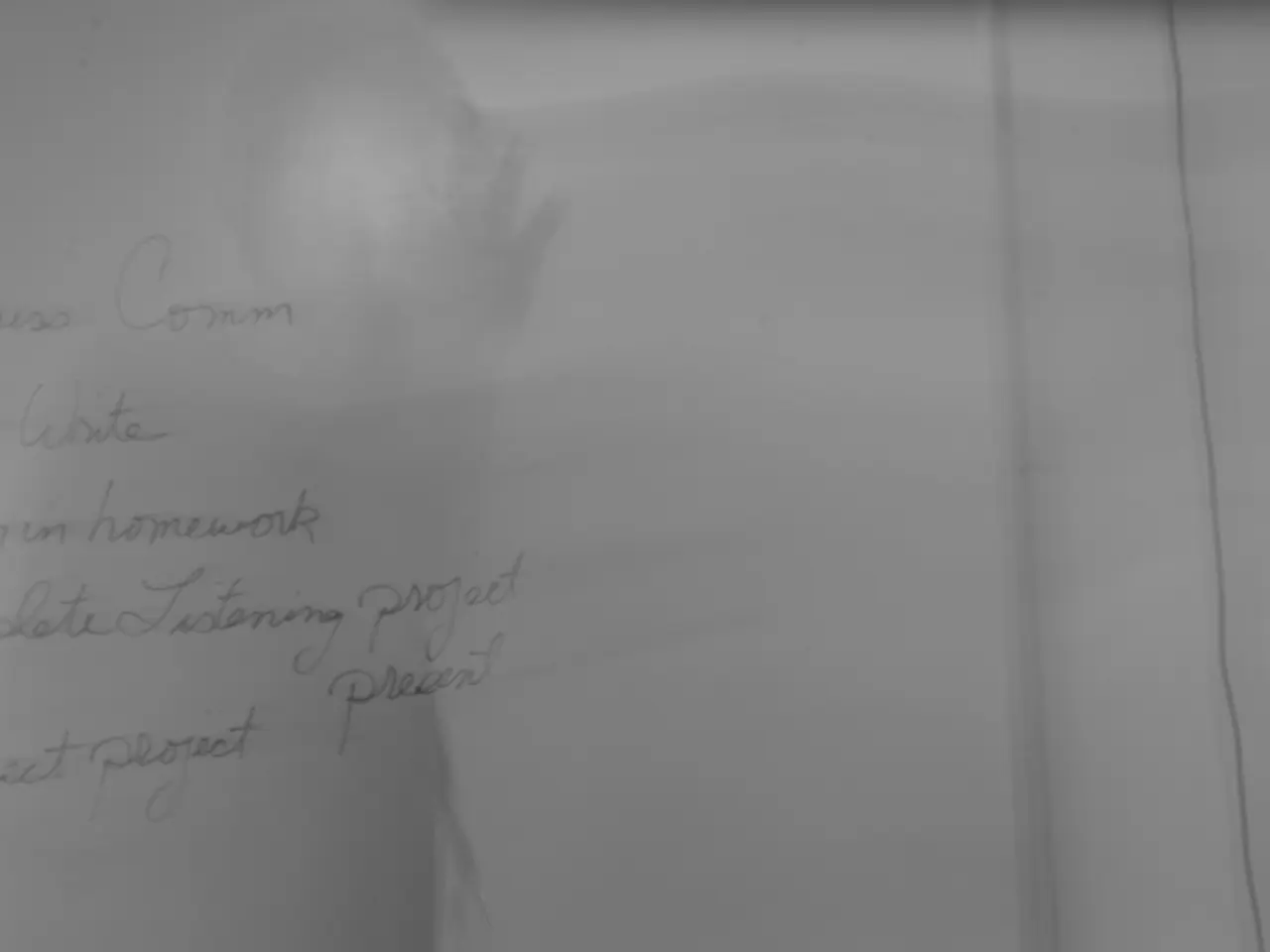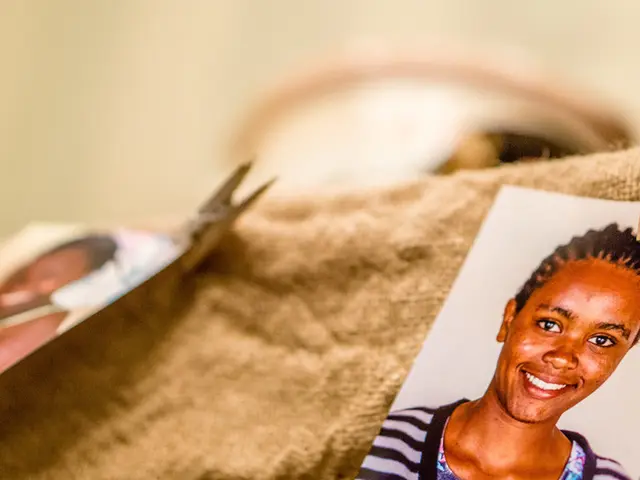Opponents of Voter ID legislation are now promoting adherence to legal requirements regarding identification for voters
In a surprising turn of events, the League of Women Voters (LWV) and North Dakota Native Vote have advocated for voter ID laws, stating that it should be easy to participate and hard to cheat in elections. This shift in perspective comes after the signing of House Bill 1165 into law by Gov. Kelly Armstrong, which modified the process for counting mail-in ballots, requiring them to be received by the day of the election.
The LWV has been vocal about their belief that the small change in the law amounts to voter suppression, with Barbara Headrick, president of the League of Women Voters of North Dakota, claiming that it would disenfranchise groups like Native Americans and senior citizens. However, Secretary of State Michael Howe estimates that this change would impact only approximately 0.11% of all ballots cast in the 2024 general election.
Nichole Donaghy, the executive director of North Dakota Native Vote, has claimed that North Dakota's voter ID laws suppressed Native American turnout in the 2018 U.S. Senate election. This assertion is in contrast to the high turnout in North Dakota's Native American communities in the 2018 election, which saw record levels.
The LWV has been criticized for promoting fear and uncertainty about election laws and for describing electoral processes as 'rigged'. In response, Headrick and Donaghy have co-authored a letter promoting 'Voter ID Day', which is actually National Voter Registration Day. The event aims to ensure that North Dakota voters are ready with their ID, a requirement for voting in the state which also necessitates a valid ID and the most recent residential address, which can be updated online.
In North Dakota, a free ID can be acquired for those who cannot afford one. The state, along with several others in the region, already has similar policies on the count of mail-in ballots. The author suggests that instead of denigrating voter identification laws, organizations like the League of Women Voters should help inform voters about how to be prepared to vote.
The LWV claims that not only are voter photo ID laws ineffective as means of combating voter fraud, but their main impact is that they promote voter suppression. The LWV has identified the most widely used forms of voter suppression as discriminatory voter ID and proof-of-citizenship restrictions.
The change in stance from the LWV and North Dakota Native Vote is a hopeful sign for those advocating for fair and secure elections. Heidi Heitkamp, a Democrat, lost the 2018 U.S. Senate election in North Dakota to Kevin Cramer, a Republican. As the electoral landscape continues to evolve, it remains to be seen how these changes will impact voter turnout and participation in future elections.
Read also:
- United States tariffs pose a threat to India, necessitating the recruitment of adept negotiators or strategists, similar to those who had influenced Trump's decisions.
- Weekly happenings in the German Federal Parliament (Bundestag)
- Southwest region's most popular posts, accompanied by an inquiry:
- Discussion between Putin and Trump in Alaska could potentially overshadow Ukraine's concerns






